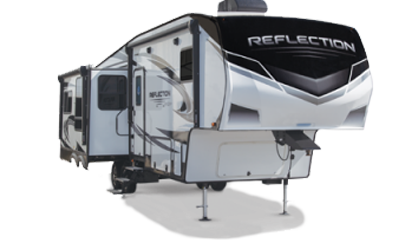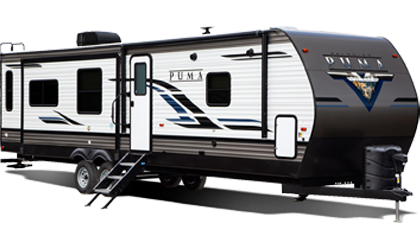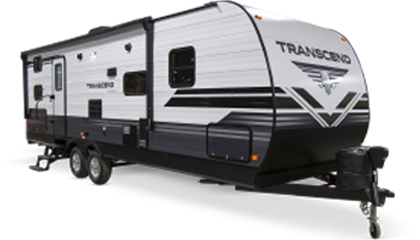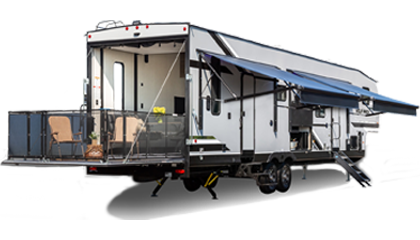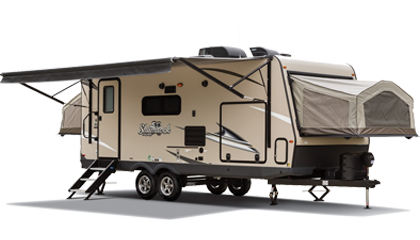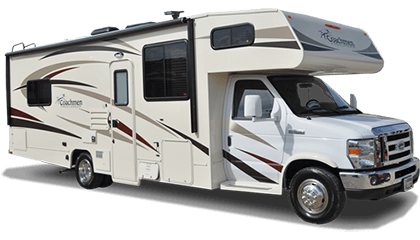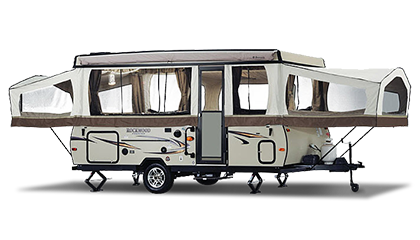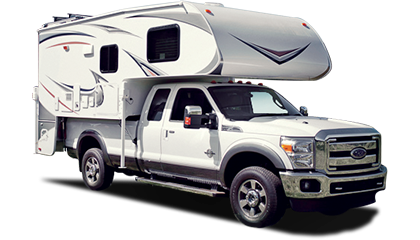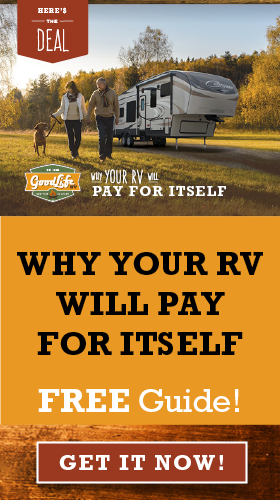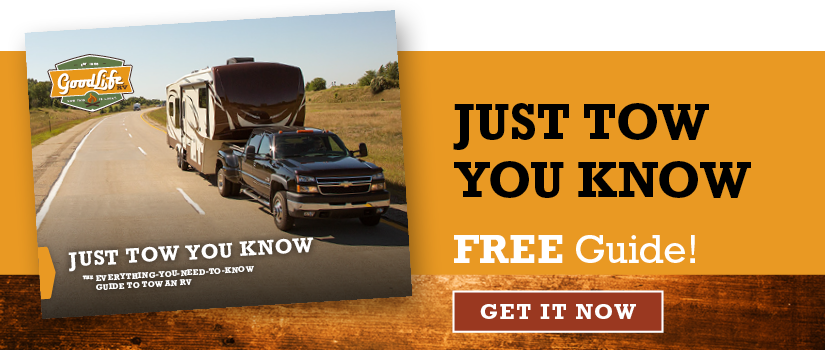RV Insurance: Insured For The Future
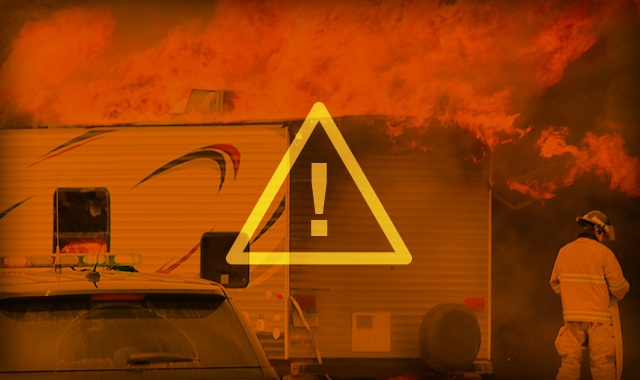
You’ve purchased your RV and you’re ready to hit the open road, right? Wait, not so fast! You just paid some cash for this rig and you’ll definitely want to make sure she’s insured properly. The last thing you need is for someone to rear-end you…or worse. Make sure you’re covered so you don’t end up paying more for your RV.
No One Wants It, Everyone Needs It
The first thing you need to consider after you’ve signed on the dotted line is insurance. That lovely little word that no one wants to hear (and everyone needs to have). It’s important. Like, really important. Aside from being required if had to finance your rig, RV insurance can help cover a lot of potential cost. Most policies also have an option to add insurance for any personal belongings you have in your rig. So that big flatscreen you wanted – no, needed – to have? Get it covered.
Liability Coverage
This is a great place to start with your policy because it covers a wide range of potentials. It’s the basic policy that protects you from anything you could do to injure someone or their property (like if you hit another vehicle, or if a driver or passenger gets hurt). Don’t get us wrong, we think you’re a great driver, but this is good to have. You know…just in case.
Comprehensive Coverage
Basically, if it was an accident that wasn’t caused by a collision, this is the policy that closes the gap. Damage caused by theft, some kind of disaster, if your RV is flooded, these are the kinds of things that comprehensive coverage takes care of for you. One wise word from those who have come before: make sure you read the fine print. There are some loopholes that can be frustrating when you need the coverage and find out that it’s not there because of a small detail, like evidence of tampering.
Vacation Liability Coverage
The vacation liability coverage is an “either or” with full-timer coverage. You can have one or the other, but not both. It gives coverage similar to a homeowner accident policy, and is specifically for an RV that is parked on a campsite, but its residents aren’t full-timers. Here’s an example. If you own a backyard playground at your house and the neighbor kid breaks his arm while playing on it, you’re liable for his injury. This policy covers these kinds of accidents, but for your campsite. Side note: vacation liability coverage usually has to be bundled with a major package like a comprehensive coverage policy.
Personal Effects Coverage
This is a must-add to your comprehensive coverage package if you’re living full-time in your RV. Kind of like a homeowner’s policy that covers some of your personal items inside your home, but for your rig. Most RV communities are tight-knit and everyone looks out for each other, but there are always the stories you hear of “that one time.” Be sure you’re covered the total replacement cost of the items, rather than what they’re appraised for right now.
Emergency Roadside Assistance
This is a lifesaver if you get in a pinch. You spend a lot of time on the road when you’re travelling in your rig. A lot of miles means that you want to be sure each one is covered. When you get stuck in the snow or mud, you’ve got an electrical or mechanical breakdown, those types of things, this policy is here to save the day. Especially if you’re full-timing, this is well worth the add to your policy.
A Word About Full-timing
Be aware that your insurance rates will probably go up, and many big box insurance companies might not cover you. But don’t let that keep you from seeing your number one insurance guy! There are options out there specifically for full-timers that are affordable and comprehensive. It’s important to insure as soon as possible. If you decide to purchase your RV and don’t tell your auto insurance company about your intentions to live full-time in your new addition, your policy could be terminated and you’ll be up a creek without a paddle.
There are a lot of ins and outs when it comes to insurance policies. These are basic descriptions of some of the types of policies out there so you can familiarize yourself with some options before talking to your insurance guy (and you should go talk to your insurance guy). Every RVer’s needs are different, so it’s up to you and your insurer to find a policy that best fits your lifestyle to give you the coverage you need. No one wants to worry about “what happens if.” Take the worry out of your Good Life and insure your RV so you can hit that open road that’s calling your name.

